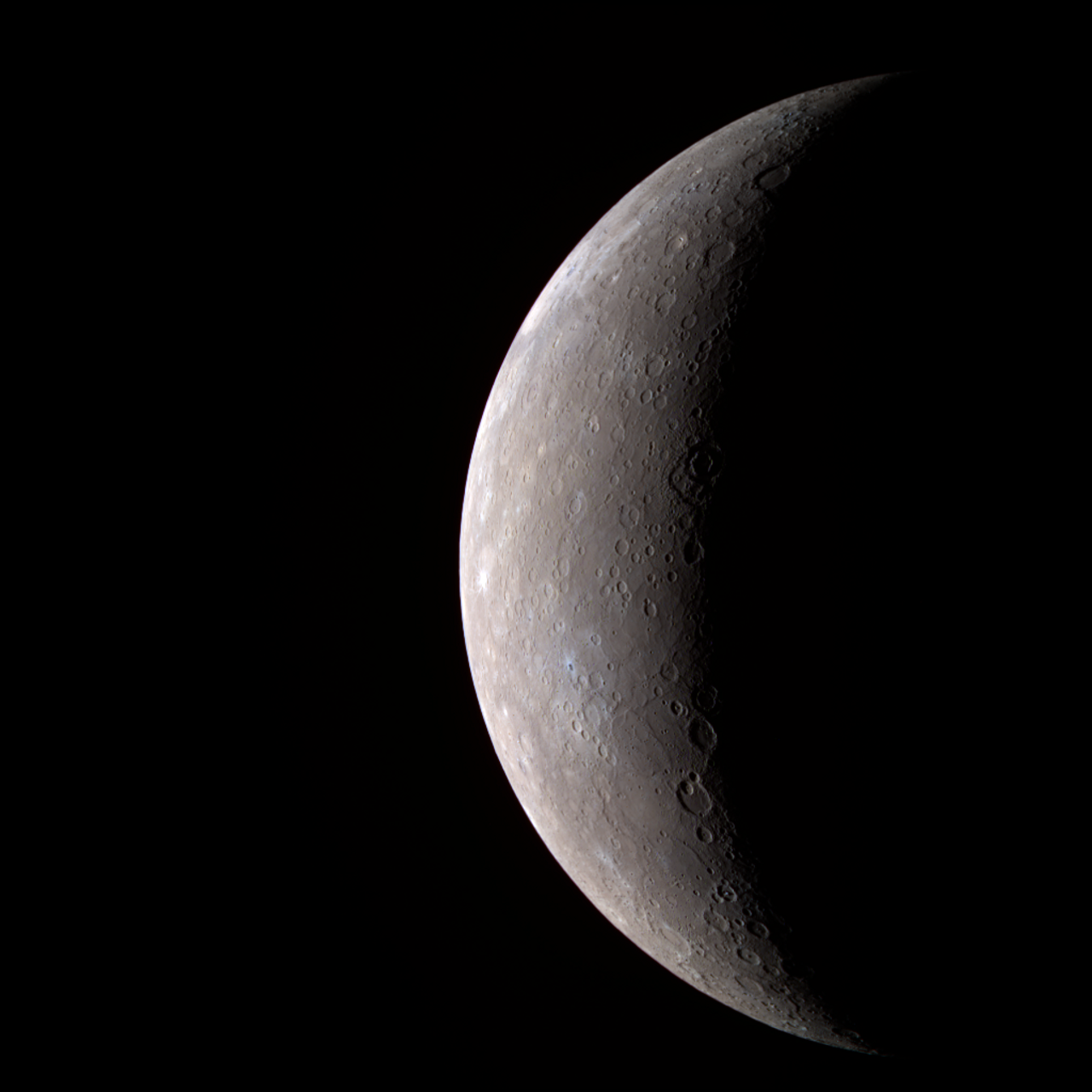Mercury, known as Mercurius in Roman mythology, served as the deity of trade and a key intermediary between gods and humans. His distinctive winged feet symbolized his swiftness, playing a critical role in the flow of commerce, travel, and communication. Recognized for his patronage over merchants, particularly those in the grain trade, Mercury was often invoked for prosperity and safeguarding of goods. Despite his role as a protector, he was also perceived as clever and mischievous, frequently engaging in trickery, particularly at the expense of Apollo. He was believed to be the offspring of Jupiter, the king of the gods, with Maia, the goddess associated with spring and growth. Some scholars suggest that Mercury’s Roman identity has influences from earlier Mediterranean cultures, drawing parallels with the Greek deity Hermes. The term Mercurius is thought to be linked to “merx,” the Latin term for merchandise.
Mercury’s functions extended beyond commerce; similar to Hermes, he guided souls to the underworld. In mythology, while leading the nymph Lara to the realm of Pluto, he fathered the Lares, twin guardians of Rome. The earliest temple dedicated to him was erected around 495 BCE on the Aventine Hill, close to the Circum Maximus in Rome, and his festival was celebrated on May 15, marking the temple’s establishment. Worship of Mercury was widespread, extending beyond Rome into regions including Gaul and Britain, highlighting his significance in ancient cultures. Iconically, he is depicted with the caduceus (a staff signifying peace) and winged sandals for swift communication. Additionally, his broad-brimmed hat, the Petasus, and a purse symbolizing his role in commerce and financial gain are notable attributes. His name also lent itself to one of the planets in our solar system.
In the context of mythology, Mercury’s narratives often intertwine with those of Jupiter. One famous tale recounts how Mercury was dispatched to remind Aeneas, the heroic figure of the Trojan War, to depart from Queen Dido’s side to fulfill his destiny of establishing Rome. Jupiter frequently journeyed to Earth with Mercury, often disguising themselves to interact with mortals. A notable story involves their visit to the humble couple, Baucis and Philemon, who, despite their poverty, graciously shared their meager resources with the divine guests. When the couple learned of their identities, they wished only for a shared fate in death. Jupiter, honoring their desire, destroyed their village but transformed them into the guardians of a sacred temple.
Mercury the Trickster
In addition to his roles as the god of business, Mercury held sway over shepherds, tricksters, and thieves. Ovid recounts an amusing tale in which Mercury skillfully took on the role of a thief. While watching a herd of mares, a shepherd named Battus witnessed Mercury’s theft of cattle. Mercury advised Battus to remain silent if questioned about the missing cattle, rewarding him with a calf. Disguised, Mercury later returned to interrogate Battus, who, lured by promises of meat, divulged what he saw. Enraged by Battus’s betrayal, Mercury transformed him into stone.
Other Myths Involving Mercury
In other adventures, Mercury played a vital role in rescuing Jupiter from Hera’s jealousy. When Jupiter pursued Io, a river god’s daughter, Mercury alerted him to Hera’s approach, prompting Jupiter to change Io into a cow. Hera, suspicious, assigned her to the watchful Argus. To liberate Io, Mercury lulled Argus to sleep with tedious narratives and subsequently killed him, thus freeing her.
Roman tales about Mercury frequently overlap with those of Hermes, often leading to a blending of their identities. One particular myth that exemplifies this merges with Demeter and her daughter, Persephone. In this retelling, Mercury escorts Proserpina, Ceres’s daughter, into the underworld to join Pluto.
Another endearing story focuses on Mercury’s childhood antics, often attributed to Hermes. Even as a young boy, he displayed creativity, crafting a lyre from a tortoise shell. One night, drawn by curiosity, he sneakily stole Apollo’s cattle and feasted on two. Apollo, realizing the theft, brought the young Mercury to Olympus, where the child faced consequences for his mischief, ultimately returning the stolen cattle and gifting his lyre to Apollo as compensation.



